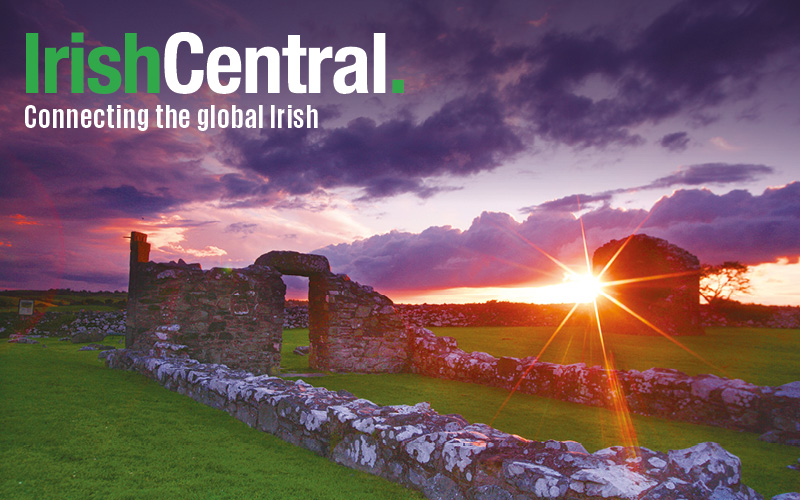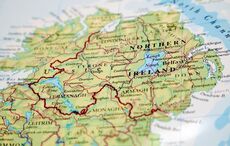The first-ever official report on how to achieve a united Ireland has been given to the Irish government’s Joint Committee on the implementation of the Good Friday Agreement.
The report follows Taoiseach Enda Kenny’s remarks in July 2016, that “the EU needs to prepare for a united Ireland;” the thought being that that if the EU must prepare for that eventuality, Ireland must work even harder and faster to do so, too.
The Joint Committee of the Implementation of the Good Friday Agreement appointed Senator Mark Daly to compile a report on the effect of Brexit on Ireland, what Ireland should seek to have in the final agreement between the EU and the UK, particularly in the event of the people of Northern Ireland voting for a United Ireland, and what Ireland needs to do in order to peacefully achieve its constitutional obligation, as outlined in Article 2 and 3 of the Irish Constitution, which stipulate that a majority vote can be used to trigger a referendum on a united Ireland.
“I was honored to compile this report for the Committee and to work with such a range of extraordinary people,” Senator Daly told IrishCentral. “I believe in United Ireland in peace and prosperity. We open the report with a quote from Irish Man of the century TK Whitaker, which sums it up well:
‘We were, therefore, left with only one choice, a policy of seeking unity in Ireland between Irishmen. Of its nature this is a long-term policy, requiring patience, understanding and forbearance and resolute resistance to emotionalism and opportunism. It is not the less patriotic for that.’”
At 1,132 pages, the report delves into the impact of Brexit on the question of a united Ireland, historic precedents for such a unification (such as that seen in Germany), the current economic climate and potential financial implications of a united Ireland, how a post-Brexit Ireland could be united in peace and prosperity, the groundwork laid by the Good Friday Agreement, and the constitutional and legal changes that must be made before a united Ireland is achieved.
Read More: Two-thirds of the population of the Republic of Ireland supports a united Ireland
The report includes submissions by various politicians, academics and experts from Ireland, England, Germany and the United States, including Michael R. Ortiz, White House, National Security Council, Senior Policy advisor on counterterrorism in President Obama’s administration; on what both governments would need to do to prepare for the threat of future paramilitary violence attempting to subvert a referendum and reunification as provided for in the Good Friday Agreement. Specifically, it calls for investment in some of the poorest and most insular communities in the form of jobs and economic aid.
A section by US congressman Brendan Boyle, commissioned by the United States Congressional Research Office, investigates the often obscured nature of the income and expenditure of Northern Ireland.
Another, by Dr. Kurt Hubner of the University of British Columbia, shows a reunification scenario with a boost of 36.5billion euro over 8 years to an all-island economy.
Read More: Would a united Ireland be the best thing for the economy?
The report also includes elements of the UK House of Lords report on Brexit; UK-Irish Relations with a particular focus on the common travel area, including proposals to ensure the continued free movement of people across the border with the North.
One of the most compelling points argues that while the United Nations Human development index, which measures health, education, and income levels worldwide, ranks Ireland as sixth in the world alongside Germany, Canada and the United States. By contrast, Northern Ireland ranks 44th, with Hungary and Montenegro, but would drop below 50th post-Brexit, closer to Kazakhstan and Belarus.




Comments